Employers in Hong Kong rethink 2025 salary plans

Following the government’s pay freeze, 42.7% of employers in Hong Kong are rethinking 2025 salary plans, with many considering restraint.
Reproductive health leave could save Australian economy billions, report finds

Providing 12 days of reproductive health leave could save Australia A$21.3 billion annually and improve equity for women at work.
Singapore’s manpower ministry charts strategic shifts to prepare workforce for future of work
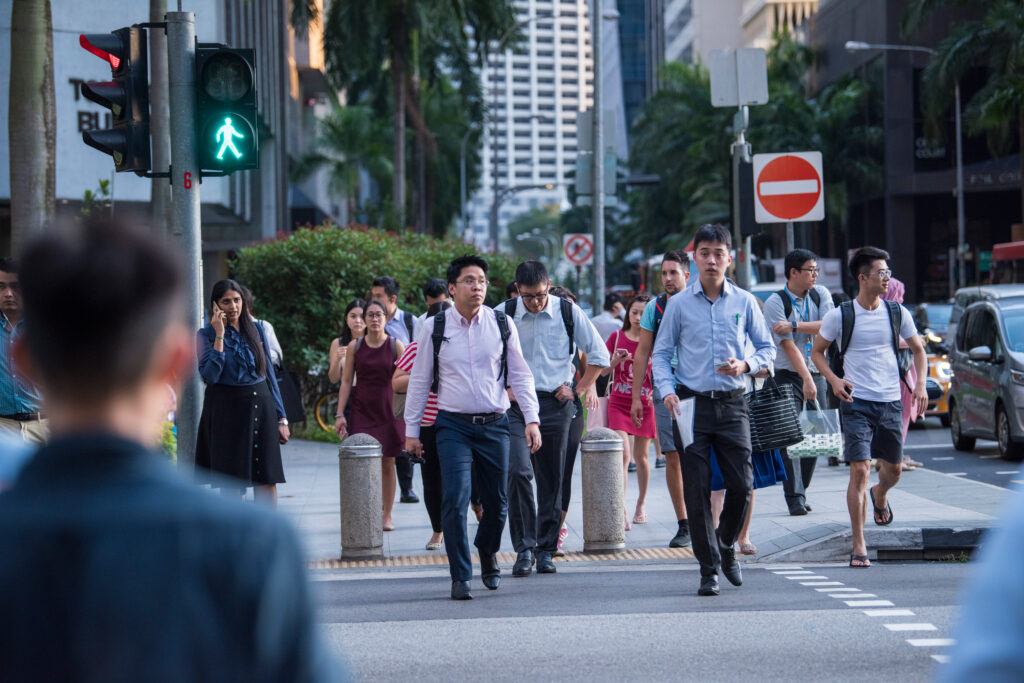
Singapore’s Ministry of Manpower is making strategic shifts to futureproof its workforce amid technological disruption and demographic change.
Australians back gender equality, but perception gaps persist in the workplace

Australians overwhelmingly support gender equality, but widespread misconceptions about workplace fairness risk slowing progress, new research reveals.
HR Tech Asia 2025: Transforming C-Suite leadership for tomorrow’s workforce
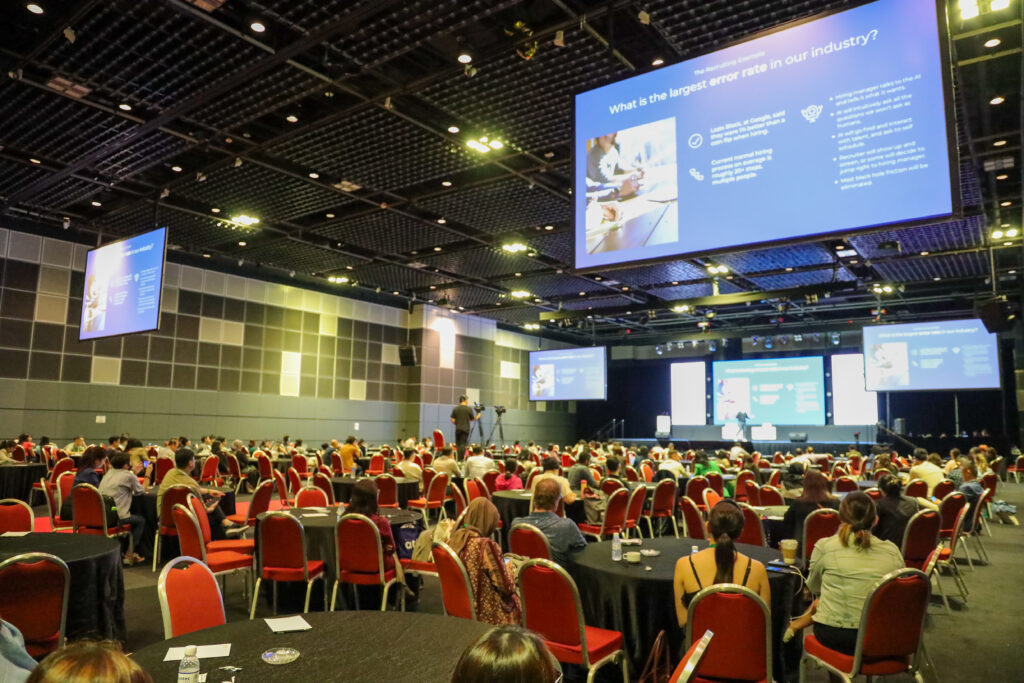
Elevate leadership at HR Tech Asia 2025, where the C-Suite Leadership track focuses on aligning strategy, collaboration, and impact.
Personal happiness found to be the key to workplace satisfaction

People with higher life satisfaction are 32% more likely to experience lasting job satisfaction, highlighting the importance of holistic wellbeing strategies.
Taiwan’s labour market shows signs of cooling

Taiwan’s unemployment rose to 3.34% in February, breaking a five-month decline due to seasonal post-holiday job shifts.
Women in tech could unlock billions for firms in Australia

With women making up just 30% of Australia’s tech workforce, reskilling could bridge the gap, boost salaries, and drive economic growth.
Matching grants proposed to bridge Malaysia’s SME skills gap

SMEs in Malaysia face a skilled labour shortage, prompting calls for priority hiring of government-trained graduates and increased workforce upskilling.
South Korea faces looming labour shortage

South Korea is set to face a critical labour shortage by 2033, with a projected deficit of 820,000 employees.
Indonesia urged to boost productivity to strengthen competitiveness

Indonesia must enhance productivity to stay competitive globally, as Manpower Minister Yassierli warns of lagging growth and calls for urgent action.
China’s labour unions push for fairer hiring practices for women

State-backed labour unions in Shenzhen, Hunan and Qinghai have mandated organisations to stop questioning female jobseekers about marriage and childbirth plans.
Visier drives AI-powered HR transformation with Singapore expansion
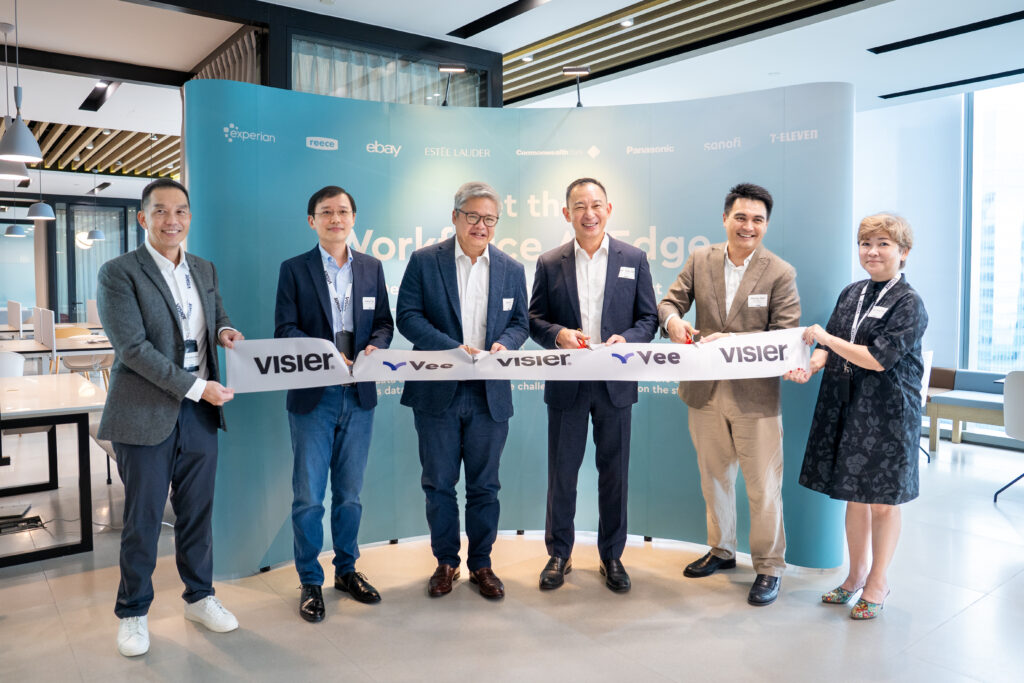
Visier expands in Asia-Pacific with a new AI Lab in Singapore, revolutionising workforce intelligence and HR decision-making with AI-powered insights.
Singapore’s hiring sentiment holds steady amid economic crosscurrents
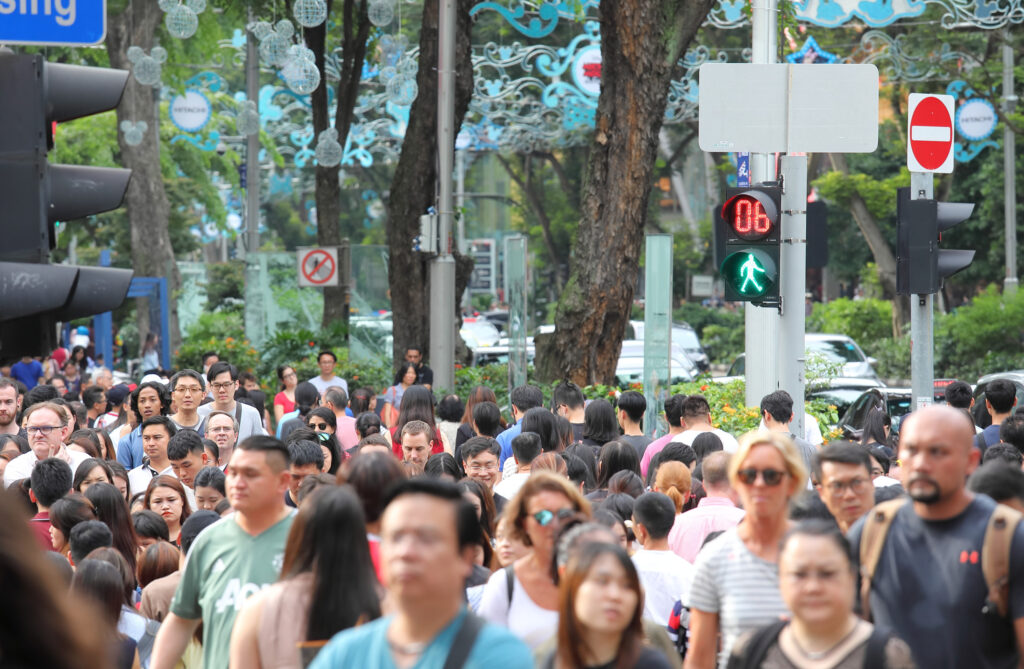
Singapore’s hiring outlook remains stable with 39% of employers planning to expand their workforce.
Singapore expands support for flexible work and reskilling

More organisations in Singapore are embracing flexible work arrangements as the government expands support for reskilling and strengthens workplace fairness policies.
Singapore’s AI boom faces a gender gap

Despite a surge in women’s GenAI enrolments, they remain underrepresented, highlighting the need for targeted interventions to bridge the gender gap.
Beyond budget boost: Workplace revolution to support large families

Singapore’s Large Families Scheme aims to support parents, but workplace culture must evolve to empower parents in caregiving roles.
DBS invests in upskilling as AI alters contract roles

DBS plans to harness AI to enhance efficiency, reducing contract roles through natural attrition while investing in workforce upskilling.
DBS to cut 4,000 contract and temporary roles as AI adoption grows

The bank will reduce up to 4,000 contract roles through natural attrition, with permanent staff unaffected.
Supercharging workforce agility: The AI advantage in upskilling

Building a future-ready workforce requires more than AI adoption—it demands agile upskilling strategies that drive resilience, innovation, and long-term success.
More than half of employees in Hong Kong considering job change, Aon’s study reveals

Nearly 17% of employees in Hong Kong feel undervalued, with 63% considering a job change due to concerns over compensation and career growth.
Hong Kong raises minimum wage to HK$42.10

Hong Kong’s statutory minimum wage will rise to HK$42.10 on Labour Day.
Singapore announces new funding measures to support workforce transformation

Singapore is ramping up workforce development efforts with expanded SkillsFuture training allowances, enhanced employer support, and leadership development initiatives.
Paradox acquires Eqtble to enhance AI-powered talent acquisition with people analytics

Paradox’s AI assistant automated over 20 million interviews in 2024, and its acquisition of Eqtble aims to enhance data-driven HR decisions.
CEO turnover declines in Asia amid global leadership shake-up

Asia defied the global surge in CEO turnover in 2024 with leadership stability driven by succession planning and economic resilience.
Workday unveils AI workforce management system to govern digital labour
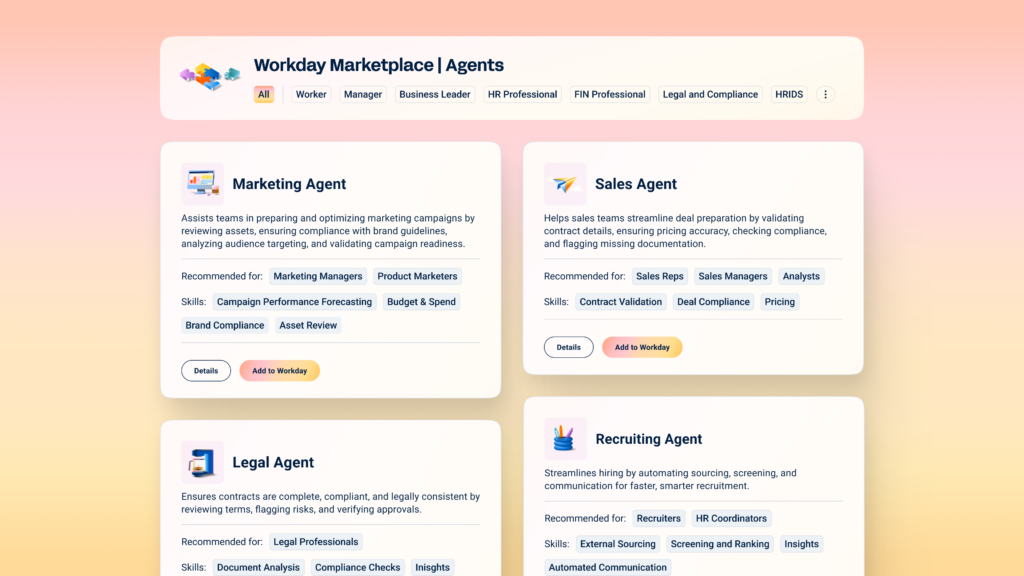
Workday introduces the Agent System of Record, enabling organisations to govern, optimise, and integrate AI agents into their workforce.
The untapped power of payroll data in Asia-Pacific

As organisations expand across Asia-Pacific, leveraging data-driven payroll insights becomes essential for success, as explored in HRM Asia and ADP’s upcoming webinar.
Employers in Singapore show strong readiness for flexible work arrangements, survey finds

Younger employees drive a strong shift towards flexible work, with larger firms embracing it strategically while smaller businesses face challenges.
Amazon and Accenture scale back DE&I efforts amid shifting corporate landscape
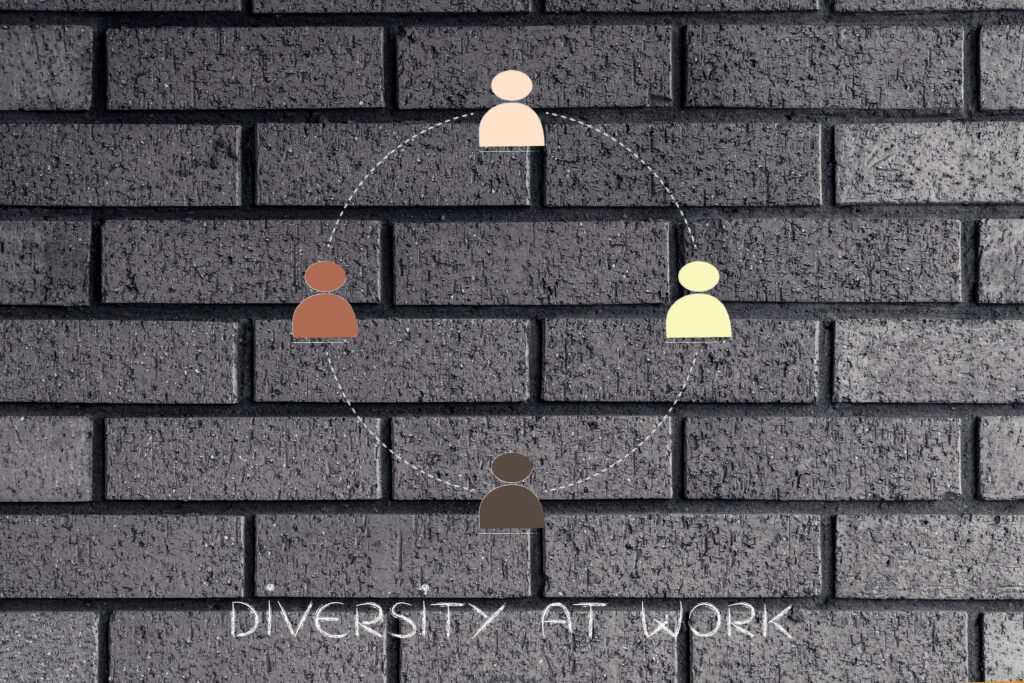
Amazon and Accenture are shifting DE&I strategies, integrating efforts into core business functions while scaling back standalone initiatives.
Is your skills strategy ready for the age of AI?

AI-powered skills strategies are transforming workforce agility, enabling organisations to adapt, grow, and thrive in an ever-changing landscape.
